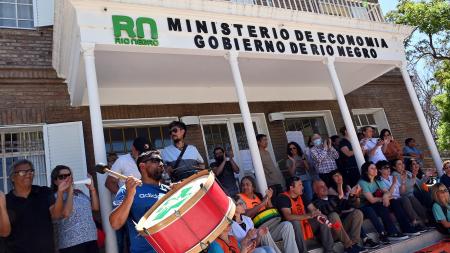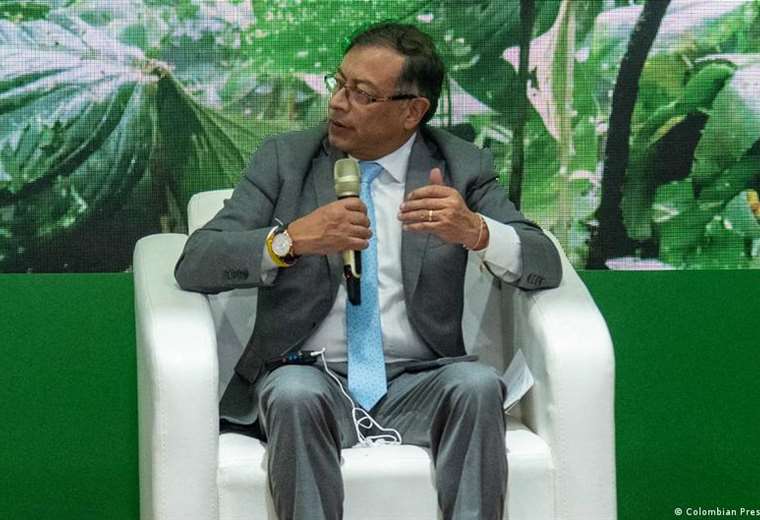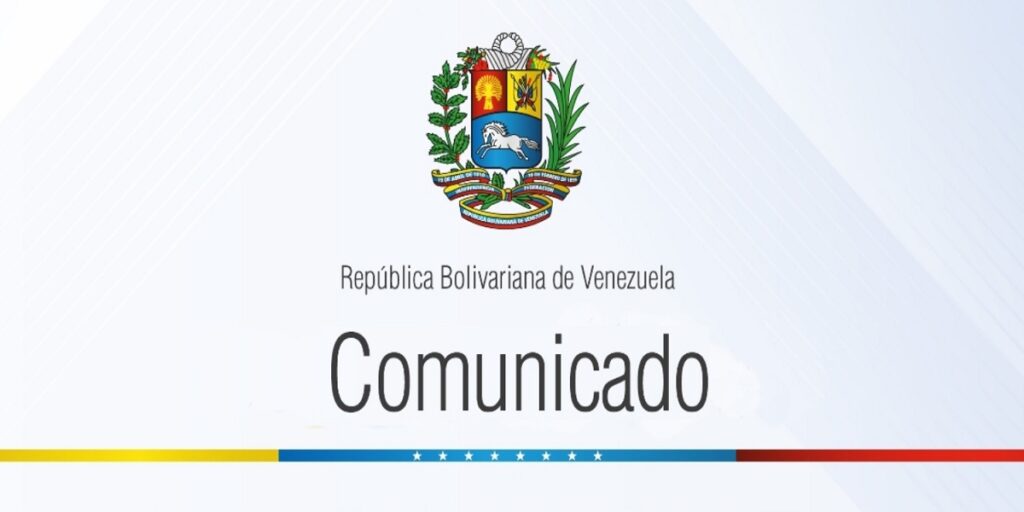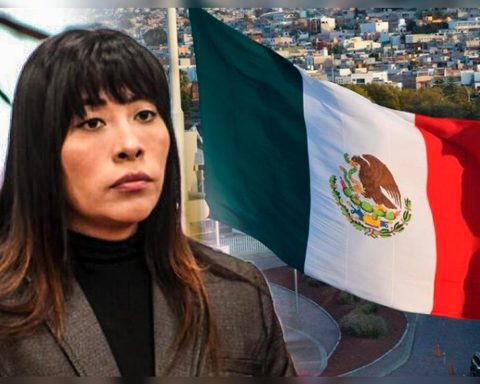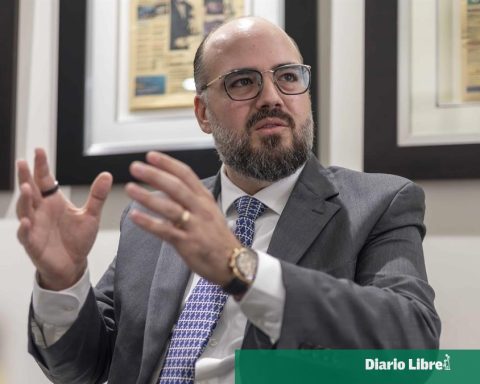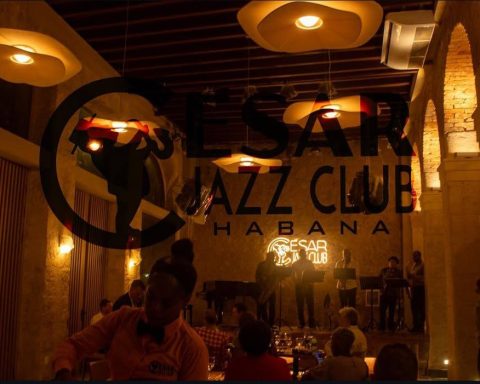The members of the Río Negro Public Health Association (Asspur) perform this Wednesday and Thursday a 48-hour strike with mobilizations in the hospitals of that province demanding salary improvements and rejecting discounts of up to $40,000 in the assets of hospital residents.
The Guild denounced “freezing by Plus Pandemic decree; poorly paid recategorizations; poorly settled salary guidelines; vacation debt; lack of personnel and a salary increase that exceeds the family basket,” among other demands.
As reported, from the union they reject the salary agreements established with the Association of State Workers (ATE) and the Union of Civilian Personnel of the Nation (UPCN), within the framework of the Rio Negro Public Function Table.
In that framework, the union organization denounced that these offers “are crumbs in the black due to the complementary payroll and behind inflation.”
Through a note received on November 7 at the Ministry of Health and addressed to the head of that portfolio, Fabián Zgaib, from Asspur they reported that discounts were made on “Salary Scholarships for Residents of the Province”, for no apparent reason ” $30,000 and $40,000.”
In the same note they clarify that the claims were made through the corresponding administrative channels, “there are three months of discounts, without any formal response”.
The union holds “responsible for the public health crisis in Río Negro the governor Arabela Carreras, the Minister of Health Fabián Zgaib, the head of the economic portfolio Luis Vaisberg, the Minister of Government Rodrigo Buteler and the Secretary of Labor Jorge Stopiello” .
The secretary of the union, Marisa Albano, said that “overtime has become a necessity for the worker.”
Likewise, he clarified that the Government committed itself through minutes to a joint meeting with the Rio Negro public health sector “which until now has not been fulfilled.”
As reported, the protest is carried out with a strike, assemblies and mobilizations in the hospitals of the province, “with the exception of emergency care.”
